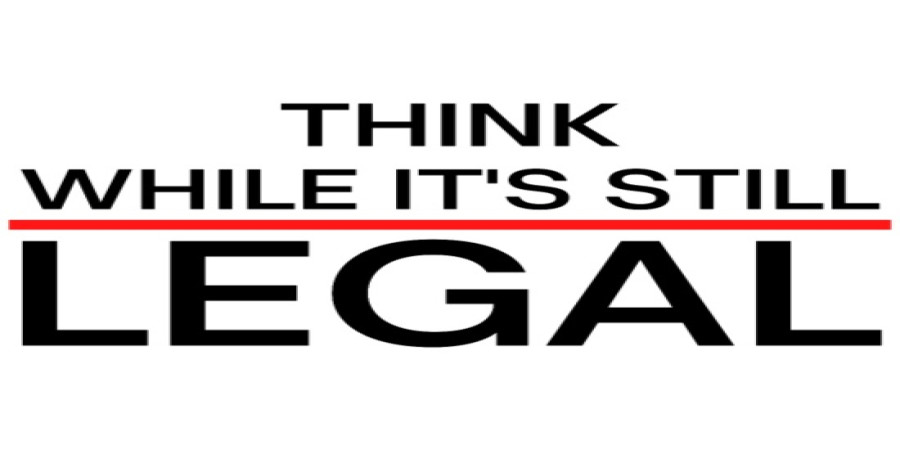

Think While It's Still Legal: The Importance of Critical Thinking in a Changing World
The phrase "Think While It's Still Legal" has become a popular slogan on apparel and in online discussions. While it carries a provocative edge, this phrase raises important questions about the value of critical thinking and the potential pressures on intellectual freedom in our world.
What is Critical Thinking?
Critical thinking is the process of analyzing information, questioning assumptions, and forming independent judgments. It involves several key skills:
- Logic and reasoning: Understanding how to build and evaluate arguments.
- Identifying bias: Recognizing how our own beliefs and those of others can shape information.
- Seeking evidence: Evaluating the quality and source of information.
- Considering alternative perspectives: Being open to viewpoints that challenge our own.
Why is Critical Thinking Important?
In a world overflowing with information and competing viewpoints, critical thinking skills are essential for:
- Informed decision-making: Weighing evidence and arguments allows for sound choices in all areas of life, from personal to political.
- Resisting manipulation: Recognizing persuasive techniques and faulty logic helps us identify attempts at propaganda or misleading information.
- Active citizenship: Critical thinking is vital for participating in a democracy and holding those in power accountable.
- Personal growth: Challenging our assumptions leads to self-understanding and open-mindedness.
Potential Challenges to Critical Thinking
There are growing concerns that critical thinking skills may be undermined by several factors:
- Misinformation and disinformation: The spread of false or misleading information undermines trust and makes it difficult to establish a shared understanding of reality.
- Polarization: Increasing division and hostility between groups with different viewpoints creates echo chambers and discourages open dialogue.
- Censorship and suppression of dissent: Intolerance of diverse perspectives can lead to the silencing of critical voices.
- The decline of in-depth reading: The emphasis on short, snappy content often discourages deep engagement with complex subjects.
How to Protect Critical Thinking
We all share a responsibility to preserve our ability to think critically. Here's what we can do:
- Seek out diverse sources: Ensure you get your information from various reliable sources, not just outlets aligned with your existing views.
- Verify Information: Double-check surprising or emotionally charged claims before accepting them as true. Reliable fact-checking websites can be good tools for this.
- Engage in respectful dialogue: Seek constructive conversations with people who hold different views.
- Support quality journalism: Subscribe to trustworthy news outlets that invest in investigative reporting.
- Teach critical thinking skills: Educators have a key role in fostering critical thinking skills in future generations.
Conclusion
The slogan "Think While It's Still Legal" may seem dramatic, but it highlights a genuine concern about the erosion of free thought. It's more important than ever to practice and protect critical thinking skills. By questioning, analyzing, and actively seeking out information, we can navigate a complex world and make well-informed decisions that shape our own lives and our shared future.
Let me know if you'd like any additions or changes to this blog post!
Popular articles

Apr 11, 2024 07:40 PM

May 25, 2024 08:09 PM

Apr 11, 2024 07:22 PM

Apr 10, 2024 07:59 PM

Mar 14, 2024 07:53 PM
Comments (0)